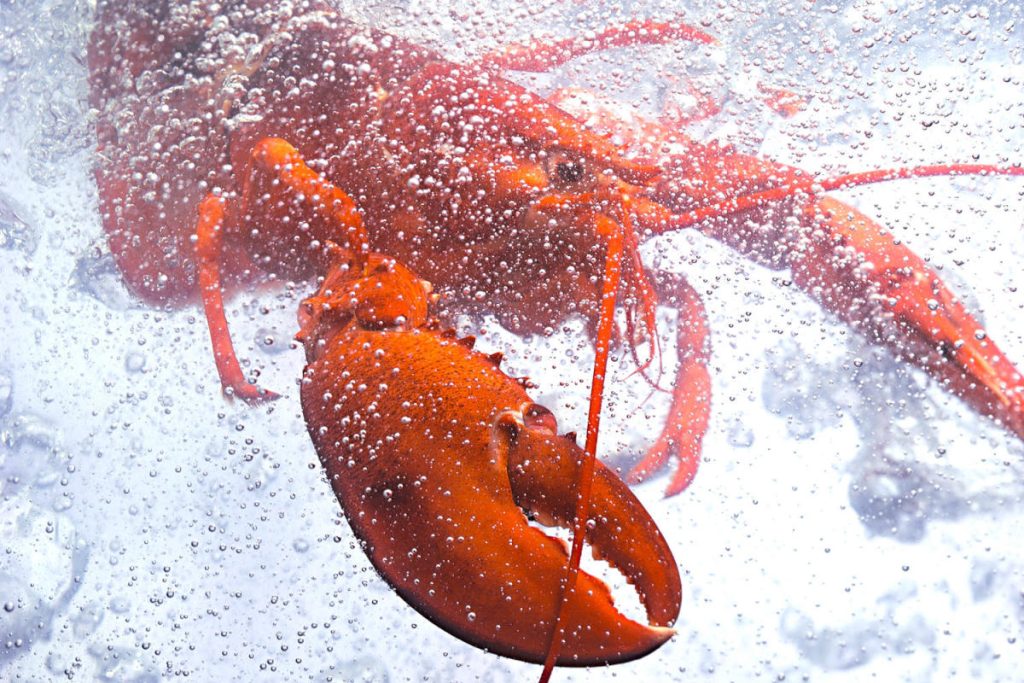In recent years, researchers have made surprising discoveries about animal cognition, indicating that many species may have inner lives and be sentient. Bees have been observed playing by rolling wooden balls, cleaner wrasse fish recognize themselves in mirrors, and octopuses react to anesthetic drugs. A group of top researchers on animal cognition recently signed “The New York Declaration on Animal Consciousness,” highlighting the need to consider the possibility of conscious experience in a wide range of creatures, including insects, fish, and crustaceans.
The declaration states that there is “strong scientific support” for conscious experience in birds and mammals, and a “realistic possibility” for all vertebrates, as well as many creatures without backbones. This shift in perspective challenges historical science orthodoxy, which has long held that animals were simply “material automata” without souls or consciousness. Despite past beliefs that animals could not feel or suffer, recent research has shown that many species exhibit signs of conscious thought and emotion.
The new declaration reflects an emerging consensus among researchers rejecting the idea that questions about animal consciousness are unanswerable. Scientists have developed new cognition tests and observed surprising behaviors in various species, such as the cleaner wrasse fish passing the mirror-mark test and zebrafish showing curiosity with new objects. These experiments demonstrate a broader understanding of animal consciousness, extending beyond traditional study subjects like primates to include invertebrates like octopuses and insects.
The changing understanding of animal sentience could have legal implications, particularly in the United States where federal law does not classify animals as sentient. Instead, laws focus on conservation, agriculture, and animal treatment in various settings. Recognizing animals as sentient beings may lead to improved protections and welfare standards, as seen in states like Oregon where animals are recognized as capable of feeling pain, stress, and fear. Laws governing octopus farming have also been considered in states like Washington and California.
Internationally, British law has been amended to recognize octopuses, crabs, and lobsters as sentient beings, leading to discussions about more humane treatment practices. The concept of humane slaughter becomes essential when animals are considered sentient, raising questions about the ethical treatment of creatures like crabs and lobsters. As research continues to expand our understanding of animal consciousness, scientists and lawmakers are being urged to reconsider their approach to animal welfare and protection.


